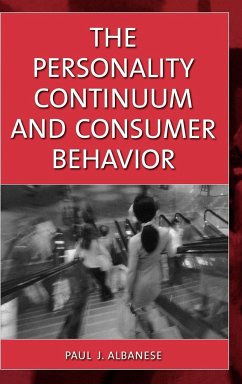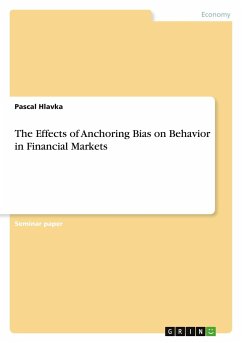Why do consumers behave as they do? Why do some make consistent, predictable, and rational choices among competing products while others demonstrate inconsistent, unpredictable, and irrational purchasing patterns? Why do some people and not others become compulsive shoppers? The answers lie in the individual's personality organization. Albanese has formulated an operational approach to the organization of the personality of an individual from psychoanalytic object relations theory combined with an interpersonal theory of the personality. He relates this to the neoclassical theory of the consumer. The results are encapsulated in the Personality Continuum, an integrative framework drawing on the disciplines of economics, sociology, psychology, and anthropology. This multidisciplinary conceptual construct does not exclude any approach to the study of consumer behavior, and will therefore be of interest to scholars and practitioners in all of these fields, as well as in marketing.








